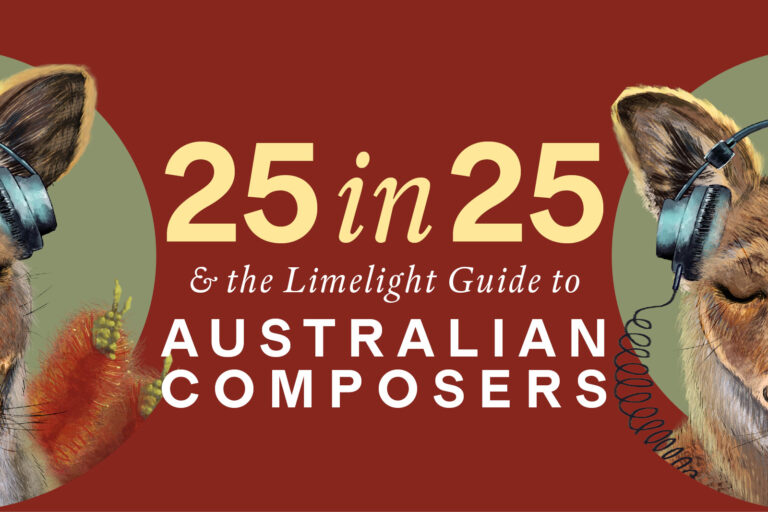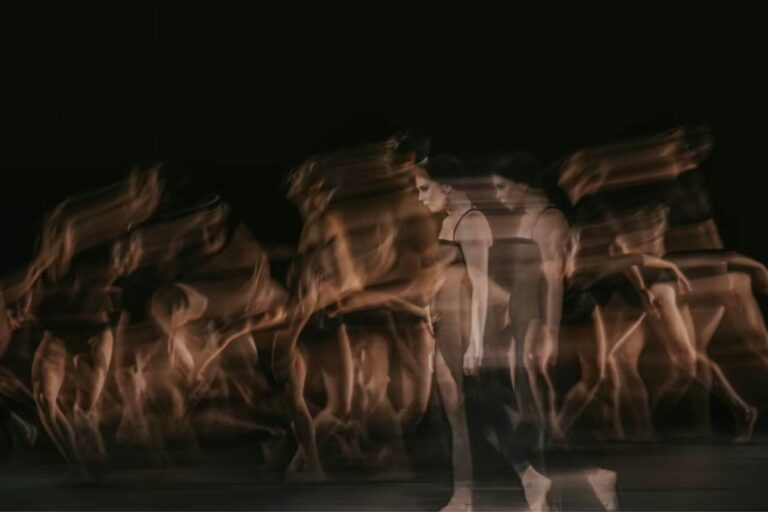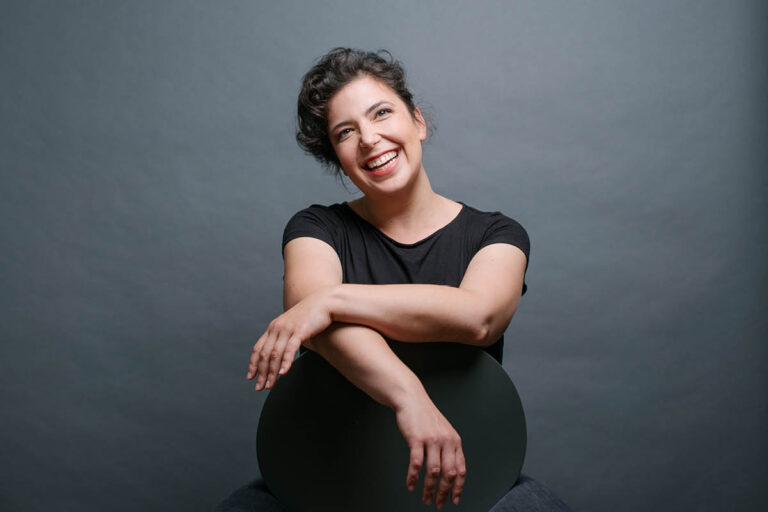Renamed Future Classics, Ensemble Offspring’s annual Hatched Academy concert premieres four Hatched compositions alongside new commissions from Klearhos Murphy and Thomas Meadowcroft.
Now in its eleventh year, the Hatched Academy presents the ultimate test of collaboration through the exploration of contemporary music. Embedded in pushing artistic boundaries, each cohort creates unique instrumental techniques and notations true to their compositional voice.
This year’s program is more bold, ambitious and experimental in its celebration of new music. Artistic Director Claire Edwardes reminds the audience to “keep an open mind, and open ears.”

Ensemble Offspring: Future Classics. Photo © Oliver Miller
The program opens with Callum O’Reilly’s Mechanical Buddha with Fluctuations, a characterful and playful piece built around rhythmic ostinati resembling the circular stutter of a malfunctioning CD. Through interlocking rhythms and jazz-influenced harmonies, O’Reilly’s rich storytelling is captivating.
Georgina Bowden approaches the ensemble as a percussive playground in Magnetic Fields, incorporating col legno on the double bass, slap-tongue on the clarinet, and even knitting needles. It is the boldest work of the program, with Bowden unafraid to finesse sound in its most naturalistic...
Continue reading
Get unlimited digital access from $4 per month
Already a subscriber?
Log in










Comments
Log in to start the conversation.